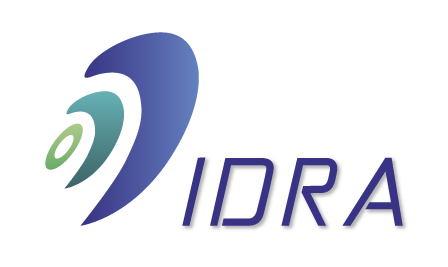Energy management understood as efficiency in the exploitation of available resources, use of renewable sources, regenerative and cogeneration systems and improvement of the performance of user plants is increasingly assuming a fundamental role in company management.
In addition to providing savings in economic terms, “being energy efficient” is an important tool for improving the image of the company as well as aligning the Organization with EU policies on energy and environmental protection.
Sustainability and cost optimization are the two key concepts of energy management which, when combined, guarantee the maximum benefit to companies.
How can you be energy efficient?
Energy efficiency can be achieved through steps that include management, organisation, personnel and structure: everything contributes to supporting the company in energy saving.
The achievement of energy optimization is achieved by working on the following three elements: people, plants, processes
In these three areas, people must be trained and aware and the systems must be innovative and adequate.
Once again the common denominator is the Management Systems, in this case the Energy Management System, defined by the ISO 50001 standard, which unites people and plants with the production process and previously established energy efficiency objectives.
The Energy Division provides the implementation and maintenance service of the Energy Management System (ISO 50001) for companies interested in adopting a systemic tool (not necessarily to be certified by a third party), suitable for guaranteeing continuous improvement of company processes in terms of energy consumption, applied technologies and operational control.
Through a deep and punctual analysis of all the processes of the activity, we proceed with the optimization of the energy systems which leads to the achievement of energy saving and cost reduction objectives (direct and indirect).
Another important tool, also necessary for the implementation of an energy management system in line with the requirements of the ISO 50001 standard and mandatory for companies subject to Legislative Decree 102/14, is the Energy Audit; it consists of the following stages:
- pre-audit (or first level audit);
- implementation of monitoring system and timely surveys/measurements;
- energy balance processing;
- analysis of the technical-economic feasibility of efficiency measures;
- design of adjustment interventions;
- review and review of results;
- energy diagnosis report processing.
This process guarantees compliance with the continuous improvement requirements imposed by the ISO 50001 standard (in particular with reference to operational control, performance monitoring and evaluation of efficiency plans).
The Energy Audit (or Energy Review according to ISO 50001) is conducted by Energy Management Experts certified according to the UNI CEI 11339 (EGE) standard and allows compliance with the specifications of Legislative Decree 102/14 for energy-intensive companies and for large companies; it also constitutes a valid tool for companies not obliged according to Legislative Decree 102 but interested in reducing the impact of energy costs on their contribution margin and pursuing environmental impact mitigation objectives.
Our integrated energy and facility management service is structured to manage audit, monitoring, analysis and implementation of “turnkey” adjustment interventions, according to the Zero Thoughts formula, which guarantees certain times and costs in the development of complex projects.
